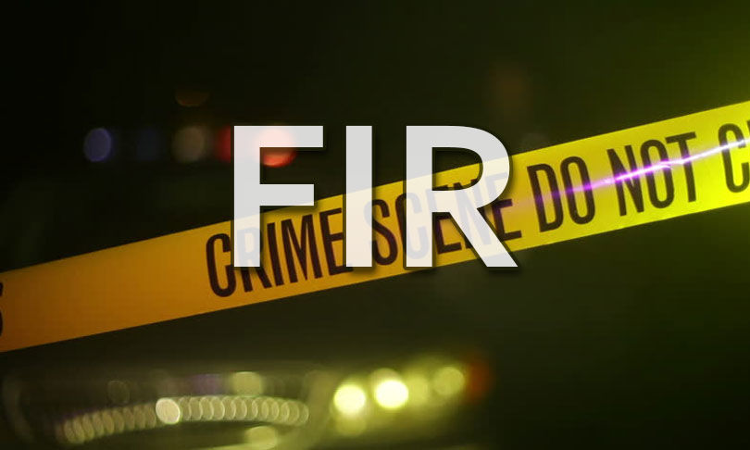- Home
- /
- Know the Law
- /
- An Introduction To FIR
An Introduction To FIR
Devika Raj
4 Aug 2020 7:15 PM IST
If you've been brought up in India, you'd know one term which has been most loosely used is F.I.R. From the shopkeepers in your local market to the big media houses, from tenants to landlords or even brothers disputing a will, the easiest respite is to threaten the other person. Most common one being threat against lodging a F.I.R. So what is it exactly? Where, when and by whom can it...
Next Story



